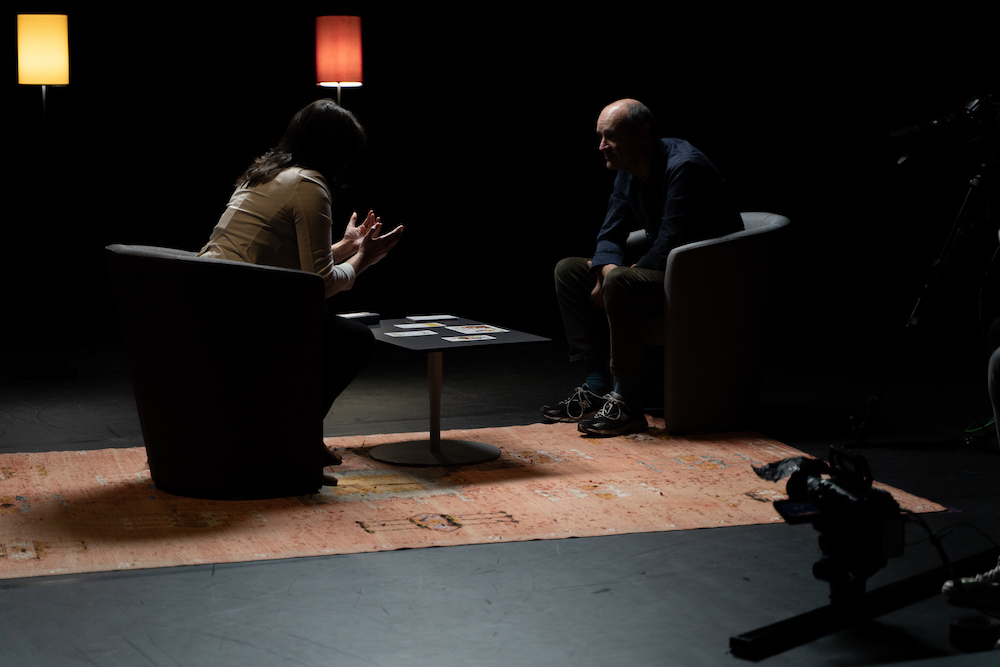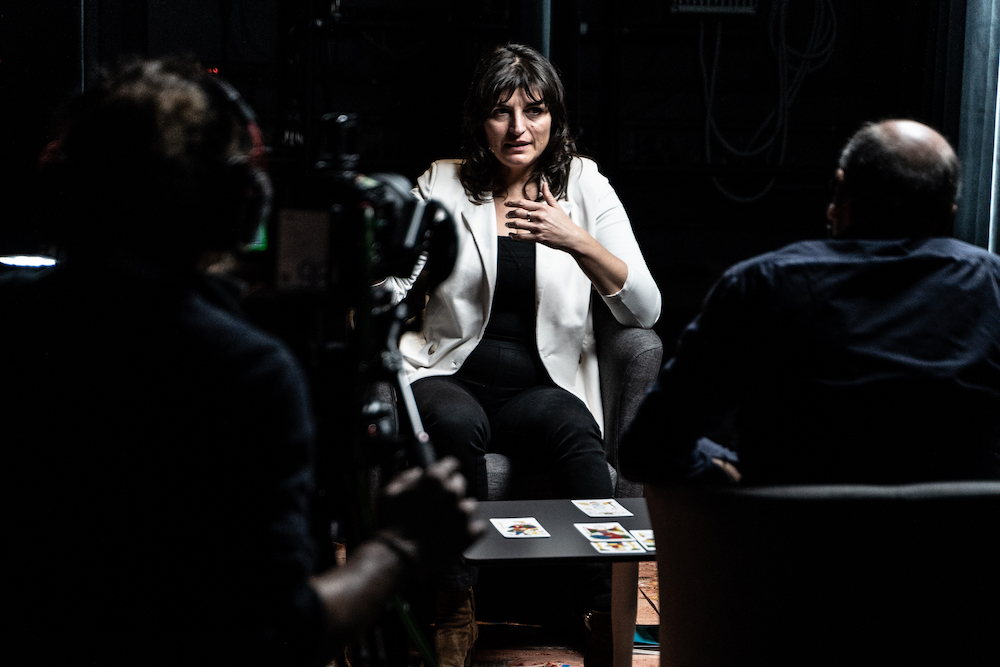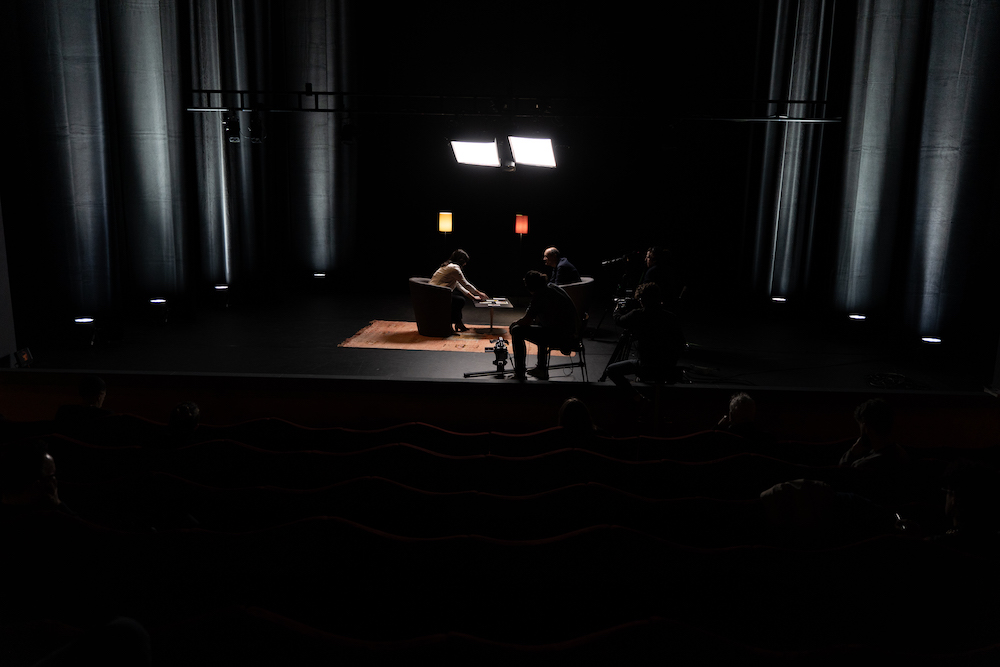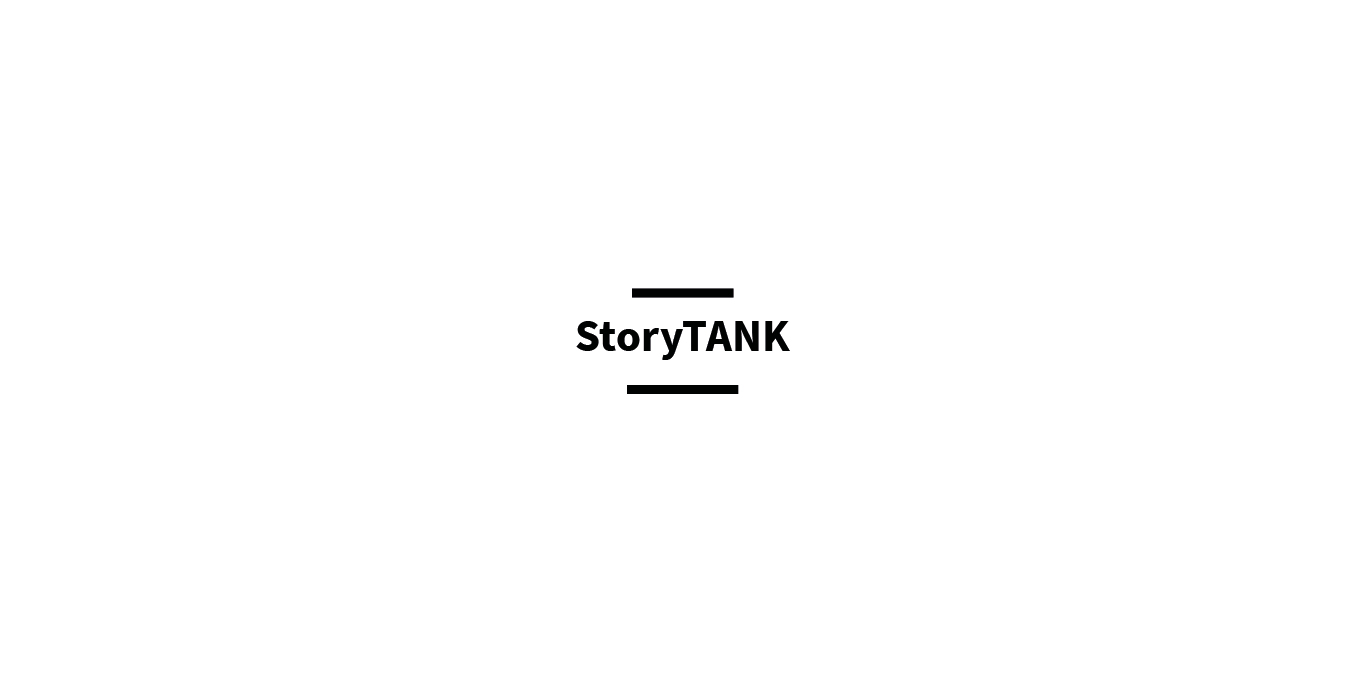Philosopher and Theorist of Literature (France) who took part in the conference 01: How Can Narratives Change the Lives of Beings? as well as in the conference 03: Map the Imagination.
[Podcast in French / English subtitles available on the video]
Doctor of Philosophy at Aix-Marseille University, Nancy Murzilli is a lecturer at the Université Paris 8.
She is interested in literature and its power of action on the real, individuals and society. Her research also focuses on the encounter of literature with other artistic forms.
Her latest essay is entitled “Changing Life with Our Ordinary Fictions. From Tarot to Daydreaming, How We Put Our Futures in Play” / “Changer la vie par nos fictions ordinaires. Du tarot aux rêves éveillés, comment nous mettons nos avenirs en jeu”.
— an interview conducted by Vassili Silovic, author and director of documentary films, and recorded at Les Champs Libres (Rennes) as part of the series “What stories for our time?”.

Nancy Murzilli
Tarot cards play a major role in all your reflections inherent to the narrative. Can you explain how the cards interact with possible narratives?
The fiction of reality, between past and future – through ritual
Tarot cards have been used in my research work on fiction in a completely parallel way, as part of regular exchanges with my mother who draws the tarot cards. We don’t see each other very often and, twice a year, when we do see each other, there is this ritual: she draws the cards!
One day, after a session, I feel and share with her that through the tarot, something touches fiction – my research subject. Sharing this intuition, touching with my finger what I have been looking for for a very long time, I then wish to deepen my reflection.
There is a kind of inversion that occurs in relation to the study of fiction as artistic production. With the tarot, with my mother, we are producing an ordinary fiction finally between us in the kitchen. But it really consists of a form of dramaturgy, with the initiated ritual or even the rules of the game. In the exchange, the cards allow us to build a story and that story will attach itself to my life. It will produce effects. And I have always been interested in how fictions act in our lives and I then wondered about “how can fiction have an effect on the real?”.
And there, precisely, it seemed to me that something was being articulated at the very moment when we were building the story in duet. The identical duo between a fiction author or a writer who builds this story together, with the viewer or the reader. Once you have read or seen, you leave, you return to your life, with this experience become totally real even if fictional.
This articulation of the narrative that is built on the moment is truly performative: from the moment that this narrative exists, it becomes part of our experiences like any other experience. We’re carrying it with us.
The tarot card game is a way to tell stories of things that have already happened or to tell a future.
Storytelling through co-construction
“What happens now, spiritually and practically, with the cards?“
– Vassili Silovic
“If you want to consult the tarot: do you have a question concerning your private life, or a question concerning your creation? Maybe they’re both connected? Maybe there’s a question haunting you which you’ll find in all your scripts? We can question the tarot on this.
There’s already a whole process in formulating the question which is important and which is also important when creating, when writing a script.”
– Nancy Murzilli
If I haven’t taken the time to formulate the question, then we can do it together. That’s where co-construction begins. The idea of writing together, like all fiction that inhabits us. A chapter in my book is about how to talk with our dead. It is a permanent dialogue. We are inhabited by these fictions that we build with our dead as well as with the living.
Let’s stay on the side of the living! In fiction, it is a living being who is in a story.
The enrichment of the narrative by the imbalance
As in any story, there is a moment of blockage. That very moment when you come to see a tarot reader is a moment of crisis. The story is built on this very moment. The classical ternary structure of the narrative is a state of equilibrium broken by a triggering event. Everything else is then a mishap that seeks to restore this balance.
In the context of your current work, on your side: what is this crisis, what particular object puts your story into crisis, what problem does your character have?
My character is an architect, he is facing his most beautiful project: everything is possible for him, for the first time. A very important commitment including physically. And he realizes that in fact, he can’t potentially carry out what he’s doing and at this precise moment, I don’t know – as an author – what will happen to this man.
You could then ask the tarot how to go further in this story, for example. What question should be asked? You will tell me if this formulation suits you: how will the architect be able to carry out his project, or will he carry out his project?

Yes, what obstacles will he have to overcome – internal and external, for example?
We’ll try it.
So you’re going to draw five cards, one after the other. I usually use a game called the Tarot of heroes, which is quite similar to Joseph Campbell’s “Hero’s Journey” that you probably know – as far as scriptwriters are concerned – because it is a kind of wheel that goes through all the adventures of a character.
… So interesting, here we have: The Consultant.
The Consultant is your architect. Your architect’s goal is to do his life’s work here, and the obstacles he will have to face and overcome here, and the key to achieving it there.
I would invite people in the room who want to speak later to give us their interpretation or to supplement it. The story is built by several people. If there are more than two of us, it’s even better.
Here we have: Death.
I would say that he is at a turning point in his life, with great changes. Because Death also represents a great change. It’s the end and also the beginning. Maybe that’s a sign of the impasse he’s in. He is truly facing a complete transformation with his goal of building his great work.
Here we see that the two characters turn their backs, but the Emperor looks to the future and it is a good sign. It is a powerful work, as an ideal. And at the level of its obstacles so, there, we have: The Popess.
She often represents the study, the withdrawal to oneself. So there is a time of reflection, of maturation perhaps of writing his project. In any case, he will have to work, study or write since she has a book on her lap.
Here we have: The Hanged.
It is perhaps, at the same time, a moment in suspense but also the fact of looking at things differently, therefore, to change perspective and the Hanged looks at the world upside down.
The key is The Devil.
And that is the desire. In other words, it is by taking pleasure in doing what he wants that he will succeed in overcoming his obstacles.
That’s a quick and simple explanation, which we could enrich, of course.
If I were really a writer who comes to see you or works with cards: how would you see the rest of this adventure, how can it help me?
The question as a key to the story.
Risk taking as the impulse of the story.
It’s all going to depend on the question you ask, but the cards are there, I think, to trigger. They may be able to steer your story differently, bringing potential new elements into your script, new ideas.
The general issue of cards and, this is also the role of fiction, is to move the gaze by being a way out of our logical frameworks, pre-established rules that frame us, frame us and prevent us. Getting out of our difficulties, how to overcome them.
The deck of cards moves us. It is chance that directs the drawn card. I put myself in the hands of chance to decide. We are constantly in risk taking. To rely on the unknown, through the question you are going to ask me – which I do not know in advance and the cards that help me answer. The cards give us a boost, move our eyes. We observe and then feel something that will give me an idea. This something is a determinant of fiction.
Is it the ordinary fiction, as you mentioned?
The interweaving of ordinary and artistic fictions
When I talk about ordinary fiction, I am talking about the ability that we have and develop as a child, which we educate through storytelling through tales, for example.
These are games that allow us to project situations and it is a question then, in a way, of survival. To be able to project situations, first in these protected spaces that allow fiction to develop. I do not distinguish fiction from the real, the real feeds on fiction and vice versa. We are constantly being taught by one another but ordinary fictions are the fictions that we project into our daily lives to continue living, to plan the future and to imagine what is going to happen or could happen.
The fictions that are produced in cinema and literature have something of this order. There is indeed a continuity of ordinary fictions or artistic fictions. I would even say: they are our fictions. “All is fiction” does not mean that everything is unreal or illusory but that this coming and going is necessary, between the part of imagination and the part of narrative that is built thanks to, precisely, all these narratives that inhabit us. In the tarot, by combining the cards, we can find and build a story.
Thanks to the characters on the cards. With the cards that are placed here, we have already begun to tell a story. I could take your question and reinterpret it. Using a card for example, which intrigues you more than another and a new card that will question it.

Yes, it is the Hanged Man that I question then. So I draw a card.
Ah The Justice!
It’s interesting: to look at the world upside down or change perspective / point of view, but do it with justly, staying fair, balanced – does that speak to you, in relation to your character?
Yes! I can quite recognize it.
I feel that he is a character who is, more or less, ready to do anything to achieve his goal. At this particular moment, it is the work that counts and nothing else.
We could interpret The Hanged Man in the light of Justice.
Justice looks straight, but upside down, and so the risk is to end up… hanged, in fact!
How far will you push your character to take risks?
In the story, what matters to us is not so much finding answers to the question but above all being able, in the end, to arrive at reformulating this question differently. By having clearer ideas, perhaps. In relation to the narrative, if we start from the idea that our fictions are ordinary and that we are all bearers of fictions, we are also all authors. We are part of what is being built. Yes, the scenario exists but it is more a component of what will happen.
We are surrounded by ordinary and non-ordinary fiction. Do we still need a writer?
Between fiction and reality: different temporalities for multiple experiences
I think what is interesting about artistic fiction is that it allows us to live in a reduced temporality, a full experience. While in our lives, we are conducting a set of experiments on different temporalities and sometimes they are interrupted and then resumed. We know, for example, that a friendship is a long-term experience in life, with very different temporalities according to the friendships. Seeing or reading a story of friendship allows us to make it a complete experience and thus to equip ourselves with a new possible story.
Thank you very much Nancy, thanks for the cards!
© Photos Brigitte Bouillot
Podcast: Play in new window | Download
